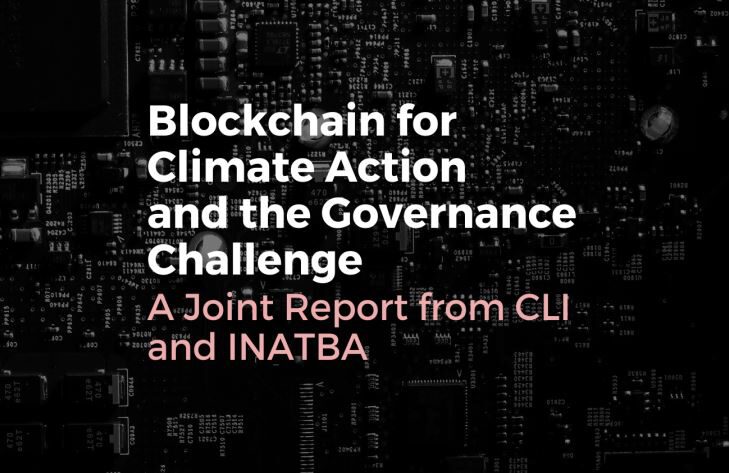
This report
provides an overview of the most relevant governance challenges facing
blockchain-based climate actions on the international, national and blockchain
levels. While blockchain works without a central authority, this does not
translate to an absence of governance. Governance is defined as an allocation
of power, risks and responsibilities and should thus be considered a core
component of blockchain-based climate actions. Different governance challenges
have to be carefully addressed in order to build trust and create confidence in
the technology, including ensuring compliance with legal regulations as well as
actively determining rules and designing systems to automatically enforce them.
The report not only discusses the most relevant governance challenges on the
international, national and blockchain levels, but also provides insights into
how they have been addressed by the following three use cases in practice: the World
Bank's Climate Warehouse, which provides a transparent and
blockchain-based, shared data layer supplied by participating registry
operators about climate projects and their issuances, transfer and use, KfW's
TruBudget platform, which records workflow steps for donors, fund
managers and project implementers using a "logbook approach" in a
permissioned blockchain (Multichain), and Etherisc weather insurance in
Kenya, which provides an affordable, blockchain-based climate risk
insurance for smallholder farmers.
In conclusion, it is
of critical importance to address governance issues on all three levels from
the conceptualisation stages of a project. This ensures that perspectives from
the blockchain, climate change and legal community are convened, while also
guaranteeing projects will be built in a manner that garners trust and creates
confidence in using blockchain for climate action. This report supports the
study of further use cases and calls for exchange and mutual learning of topics
related to governance.
- Read the full report here
- A report launch event takes place on 15. June (more information and registration)
